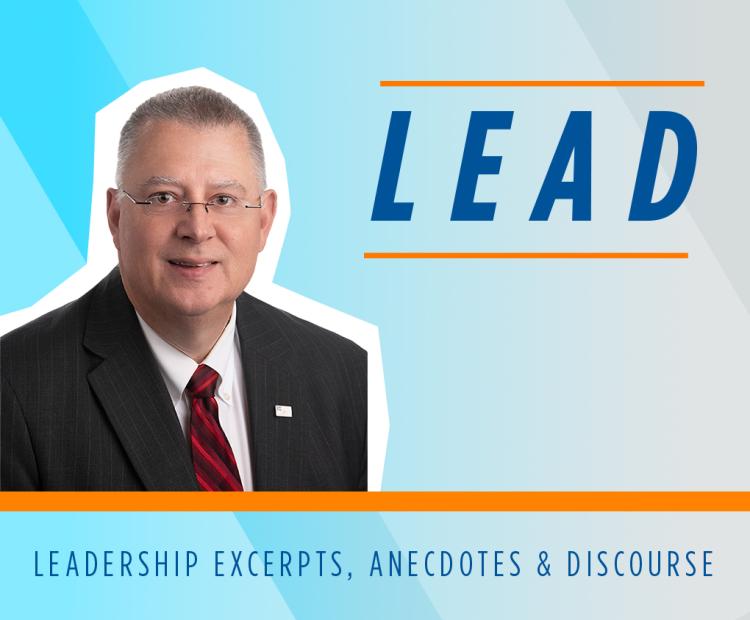Truth-Telling in Leadership
19th-century American humorist Josh Billings wrote a one-liner in his 1886 edition of complete works that seems to be the source of several adaptations. He wrote, “I honestly beleave it iz better tew know nothing than two know what ain’t so.”
I’ve heard it said, “Our problem is not what we know, it’s what we know that just ain’t so.”
It seems to me that our culture is becoming less demanding of leaders and public figures when it comes to truth-telling. It seems like some leaders practice a behavior of saying something loudly enough, often enough, and in enough venues or social media outlets that eventually folks actually believe it. As a result, the cynics of us get to the point where we don’t believe anything until verified. The trusting of us gets pulled into honestly believing something that “just ain’t so.” Then there are those who seem to relish and capitalize on misinformation and try to profit by playing both ends against the middle.
After coming to IPS, I really appreciated the conversation Dr. DiPietro initiated. Even though we had known each other and had a reporting relationship for some time, he broached a topic we had not discussed. He said, “There is one thing I demand of my direct reports. That is that they must be truth-tellers.” He went on to explain that if there was ever a time when I failed to tell him something he needed to know, or knowingly promoted a falsehood, that I would no longer have a job. What a blessing it was to have a leader that demanded truth-telling!
Unfortunately, not all in leadership positions want to hear the truth. Some even create their own truth. Sometimes it is because they really believe something that “just ain’t so.” Sometimes they do know the truth but are seeking to gain some kind of advantage by withholding information, communicating partial information or even promoting false information. Sometimes it is an attempt to avoid the consequences of bad behavior, poor judgment or negative press. Sometimes I think folks just get in a bad habit of not being thoughtful of what they say. The result is that we become skeptical of the person’s veracity. Then, if they make commitments, we even doubt that they will follow through and do what they say they will do.
I realize that sometimes leaders cannot tell all they know and sometimes may struggle with just what to say. Still, as we have often heard, honesty is always the best policy.
This week, Dan Rockwell reposted a tweet from Steve Keating (@LeadToday) where he said, “Authentic leaders don’t say they will when they know for a fact they won’t. Be that person who keeps their word; who honors their commitments even when it isn’t convenient.” Let’s strive to be leaders who are truth-tellers as we LEAD, even when not convenient!

